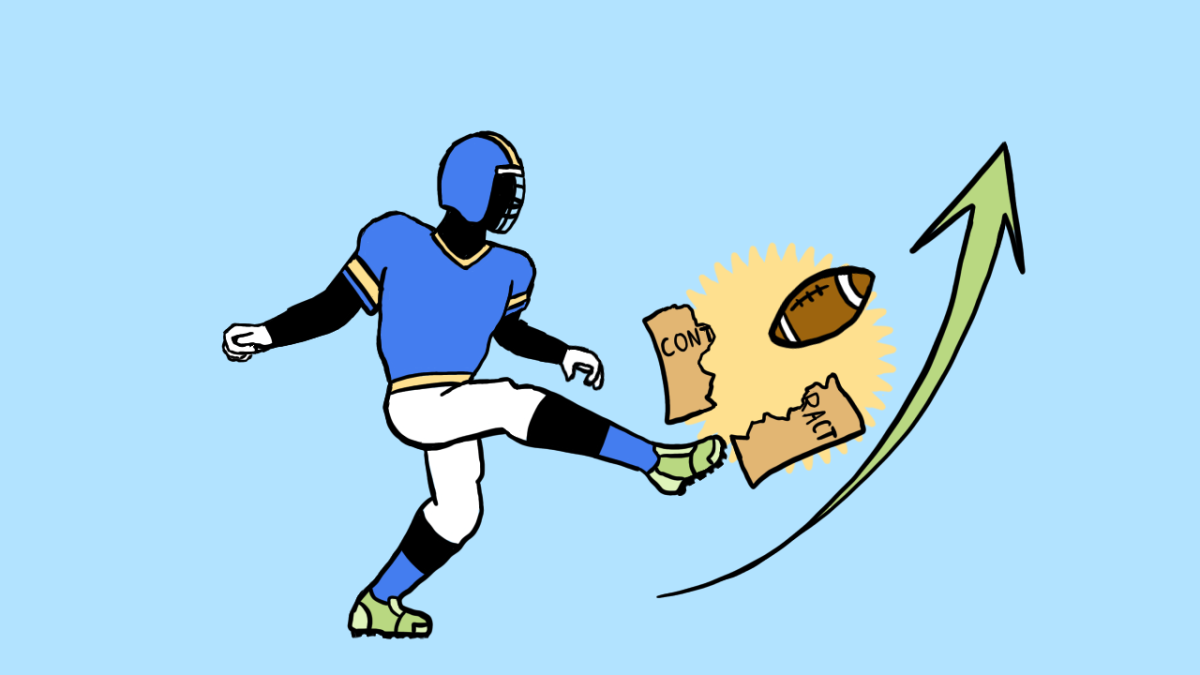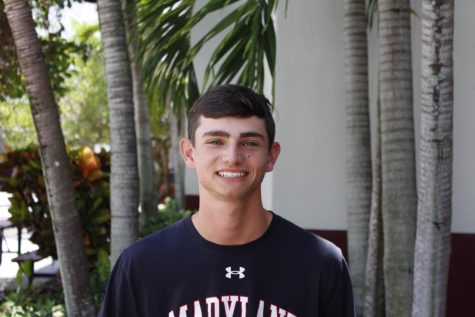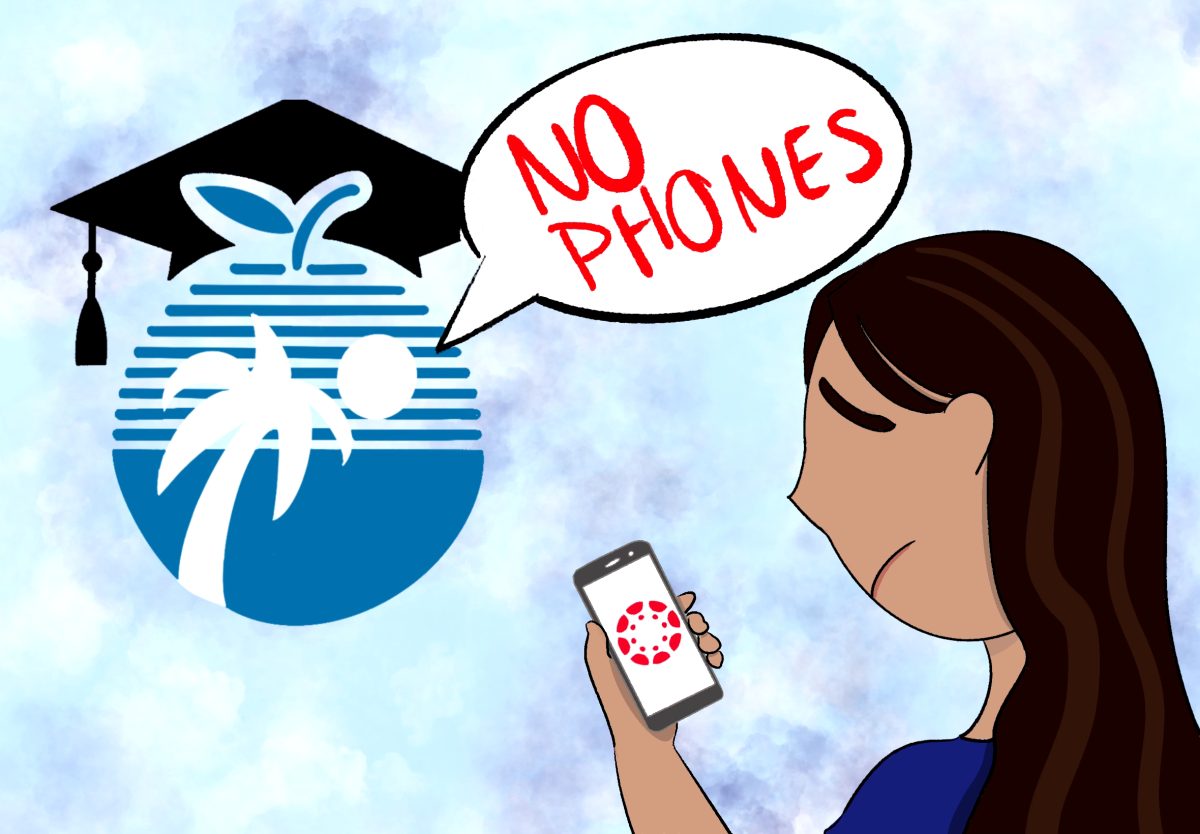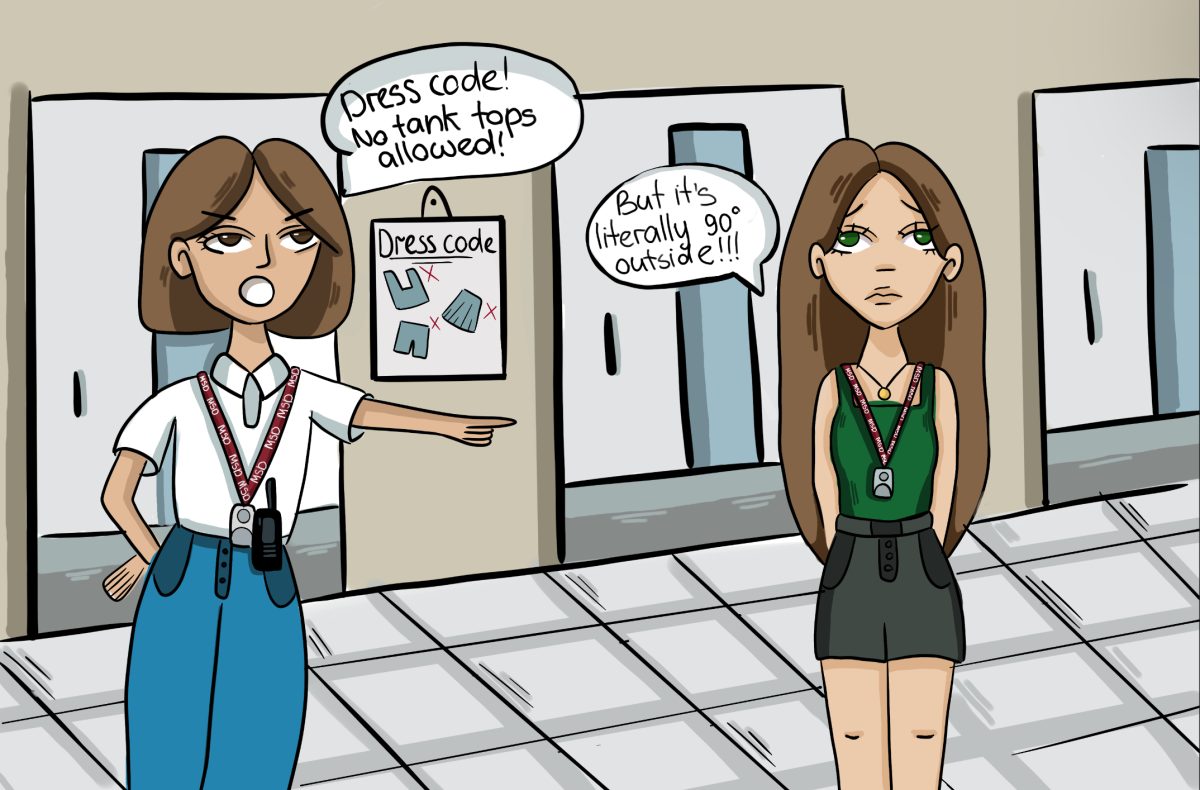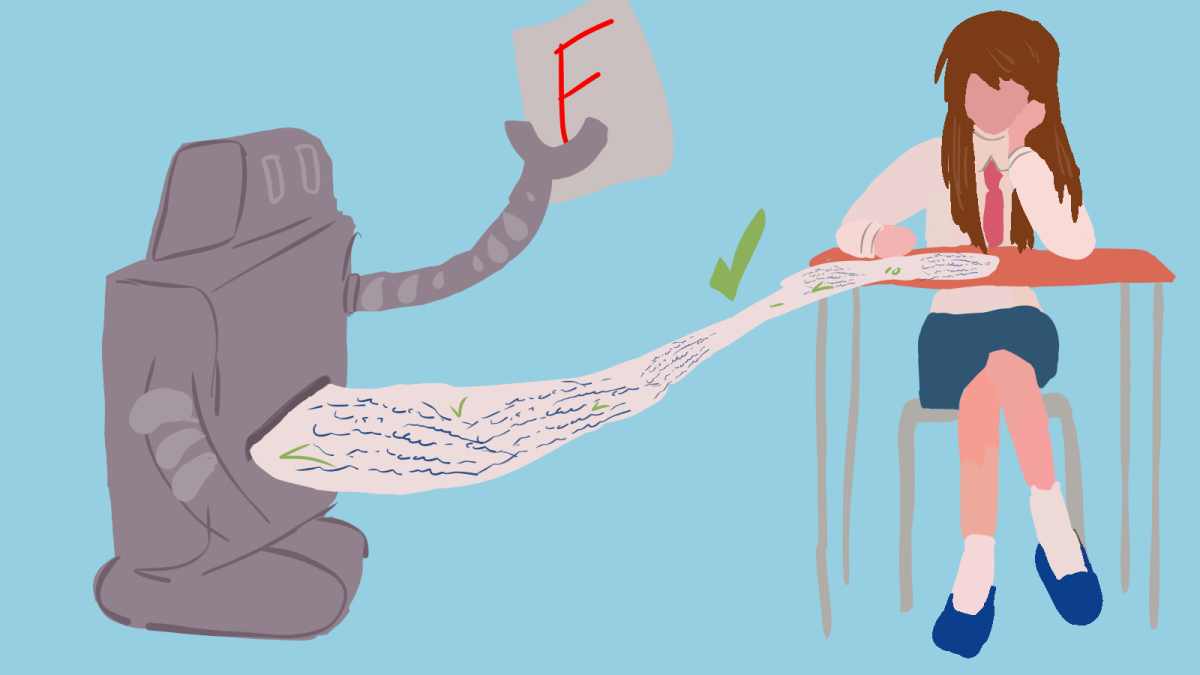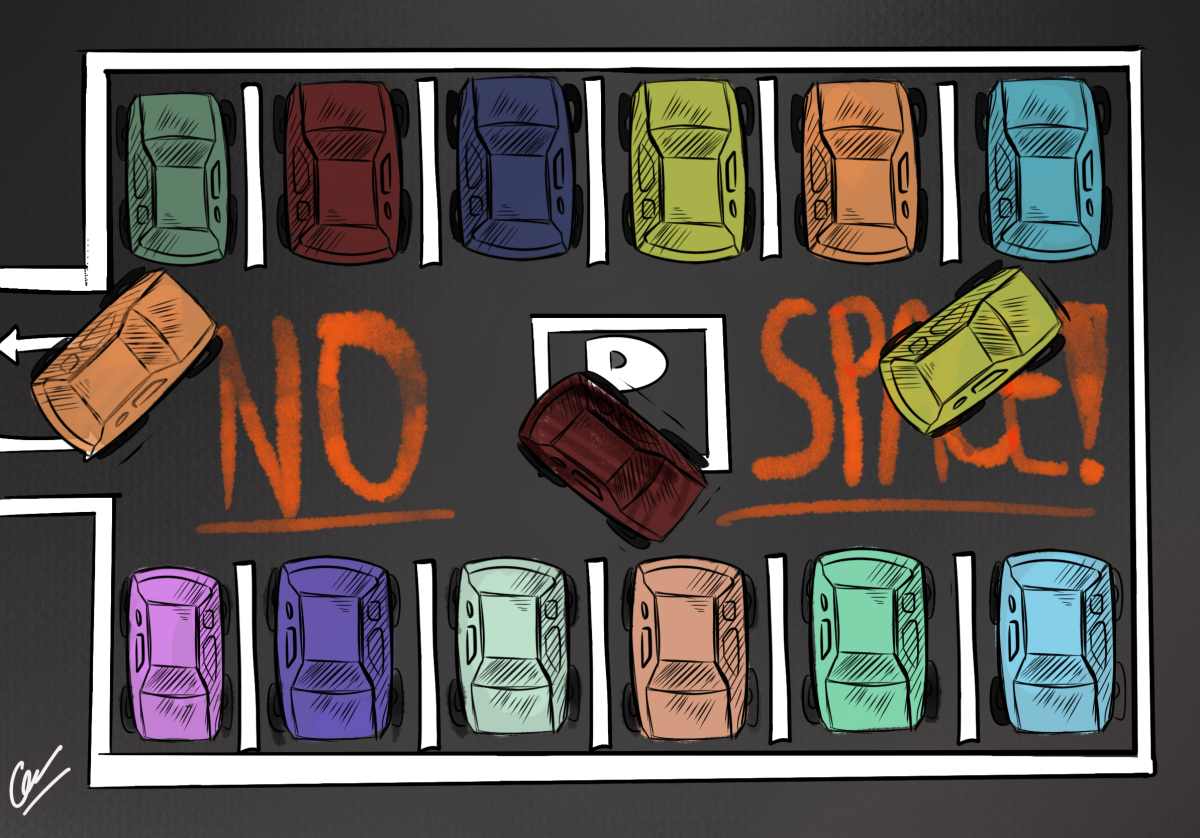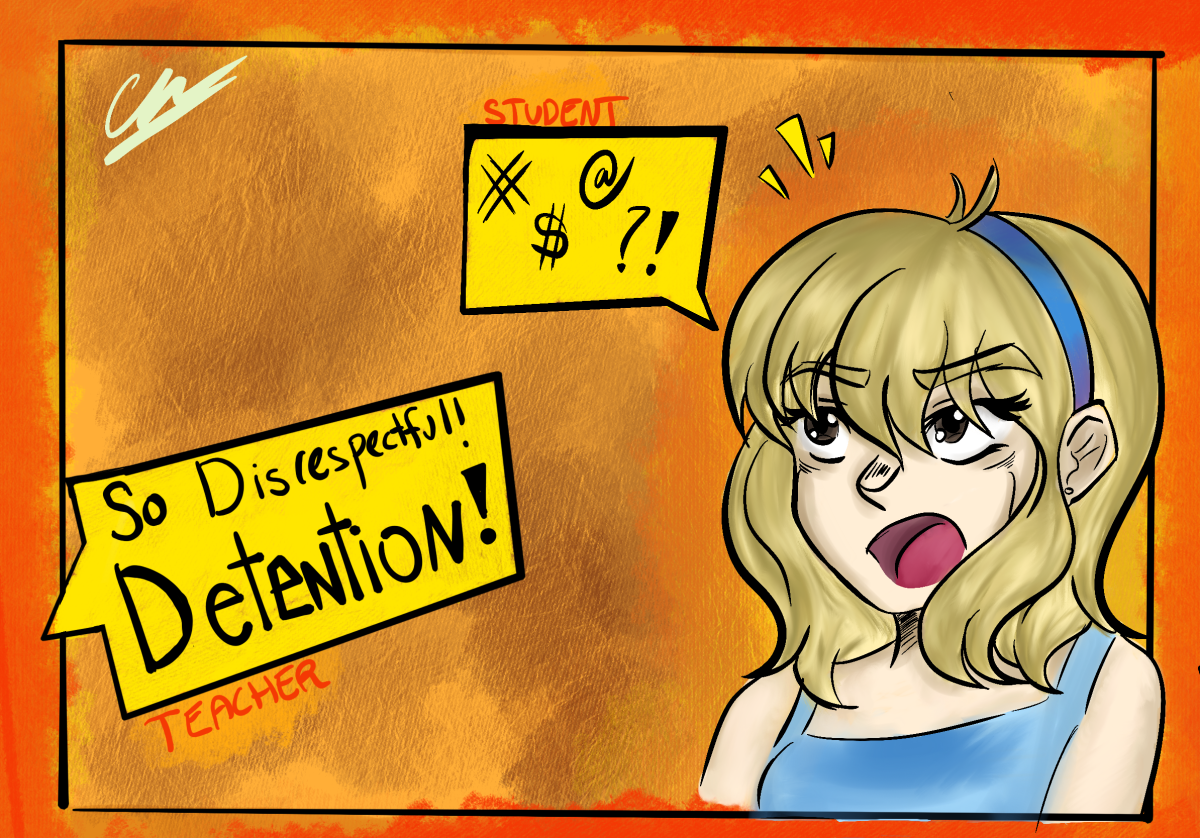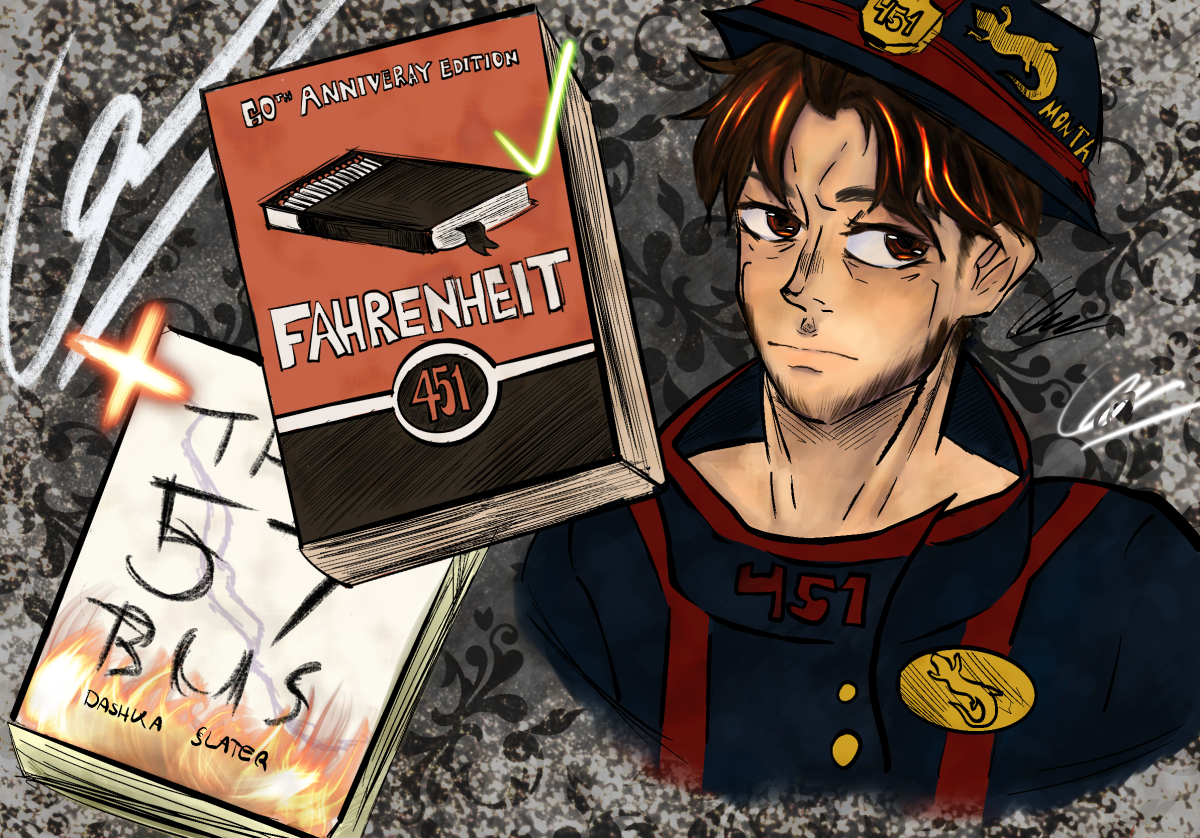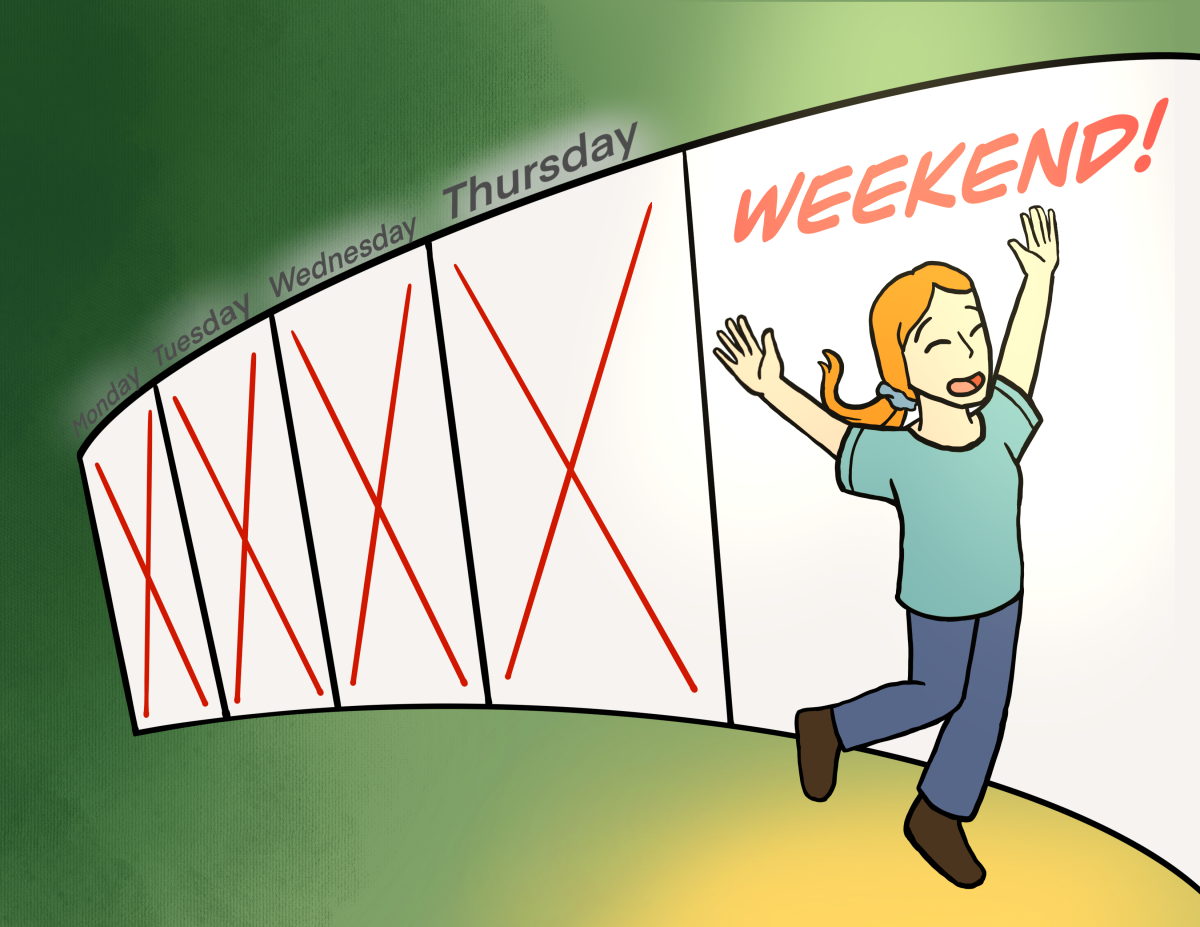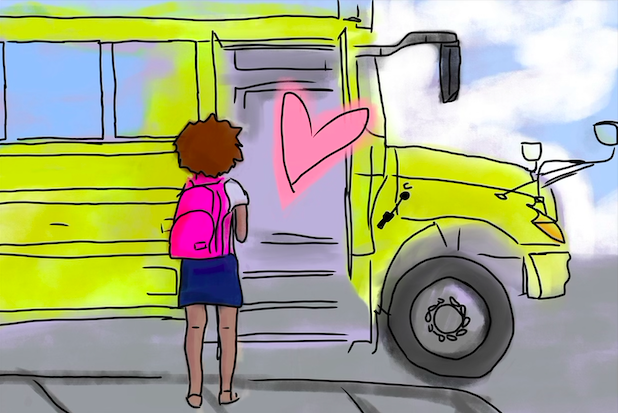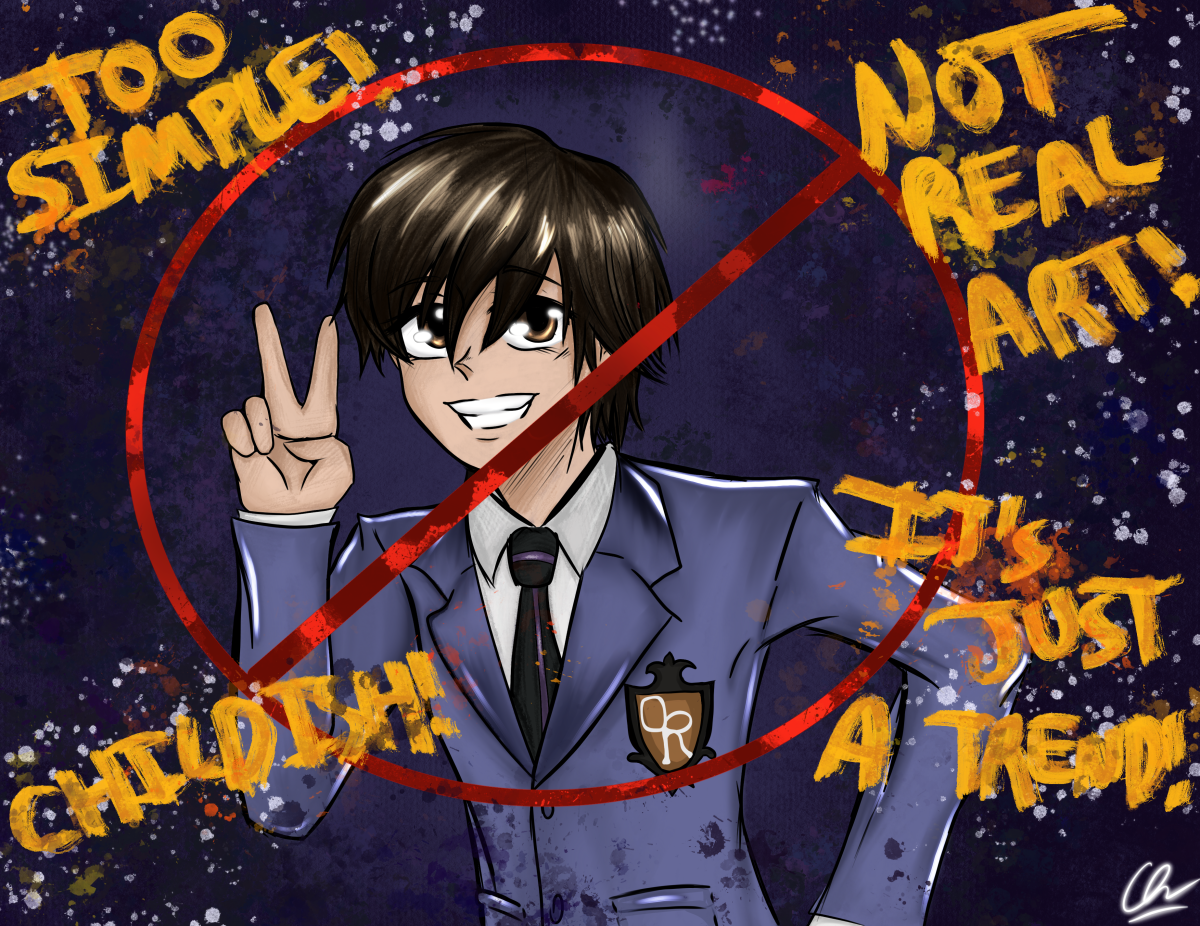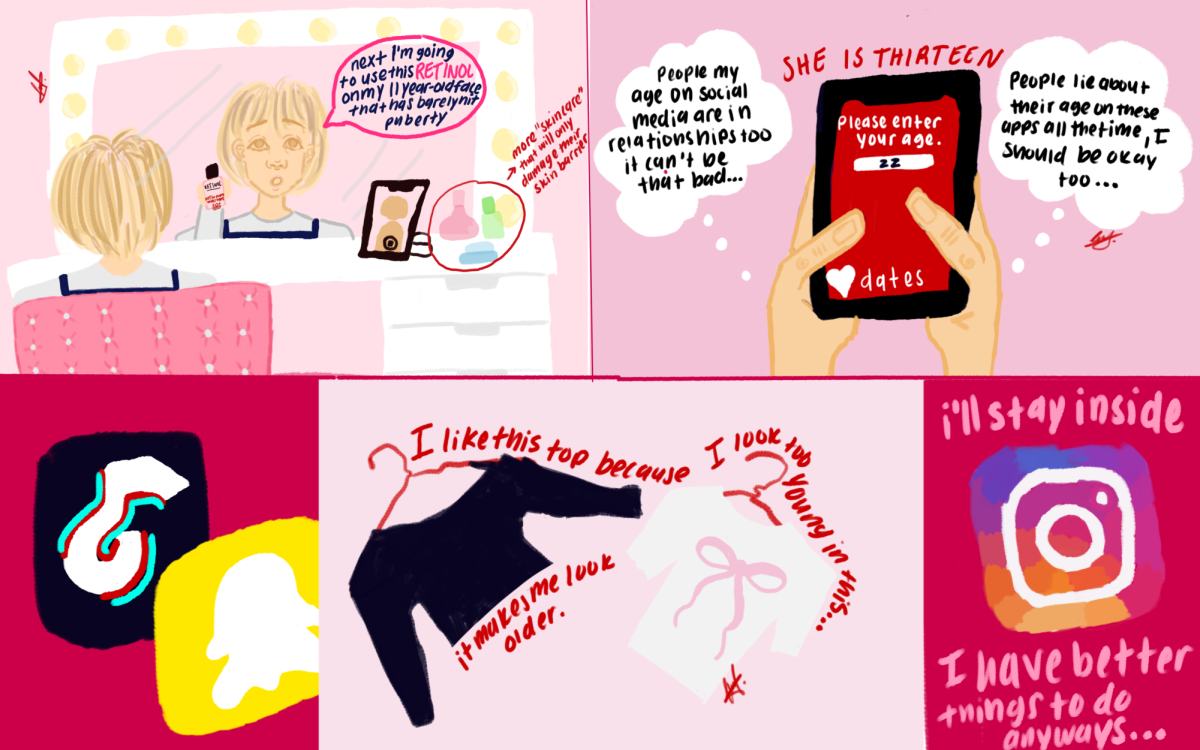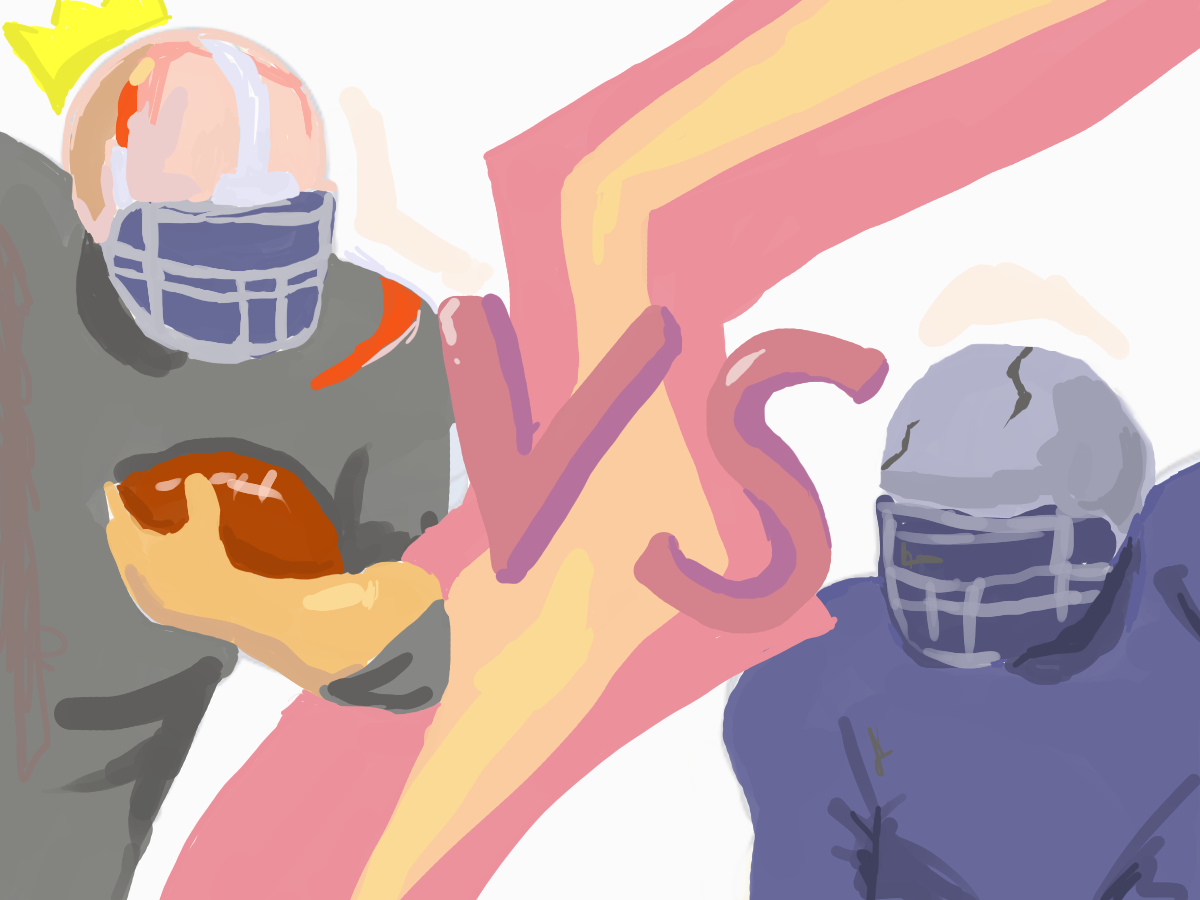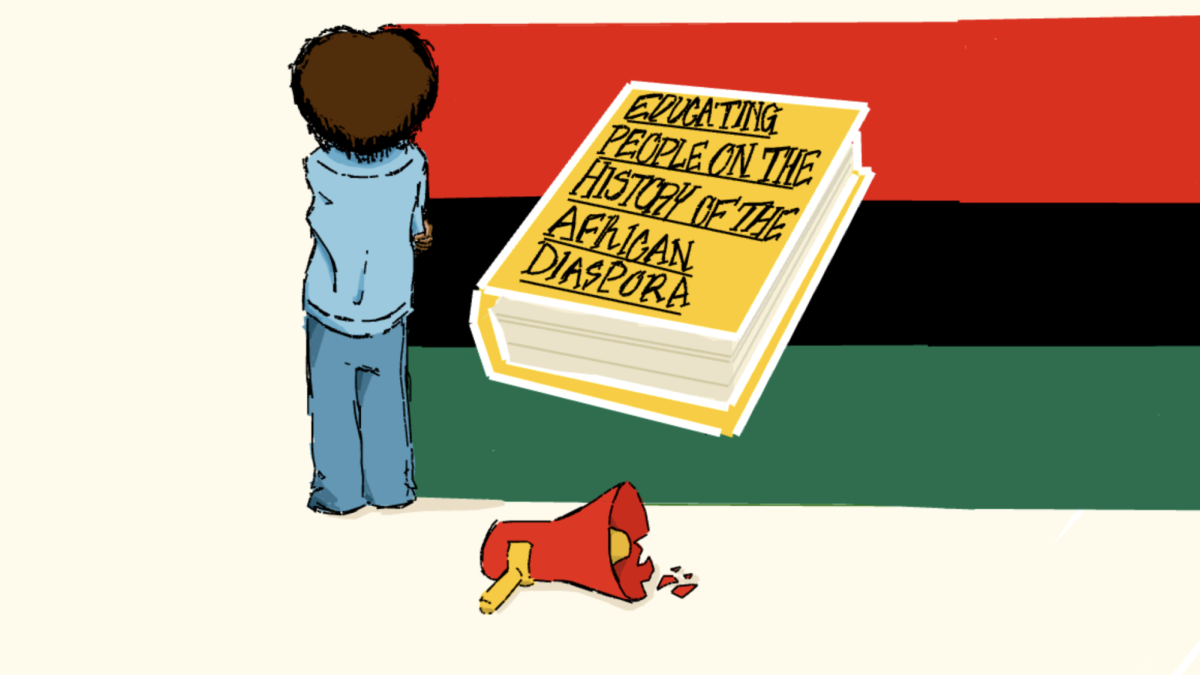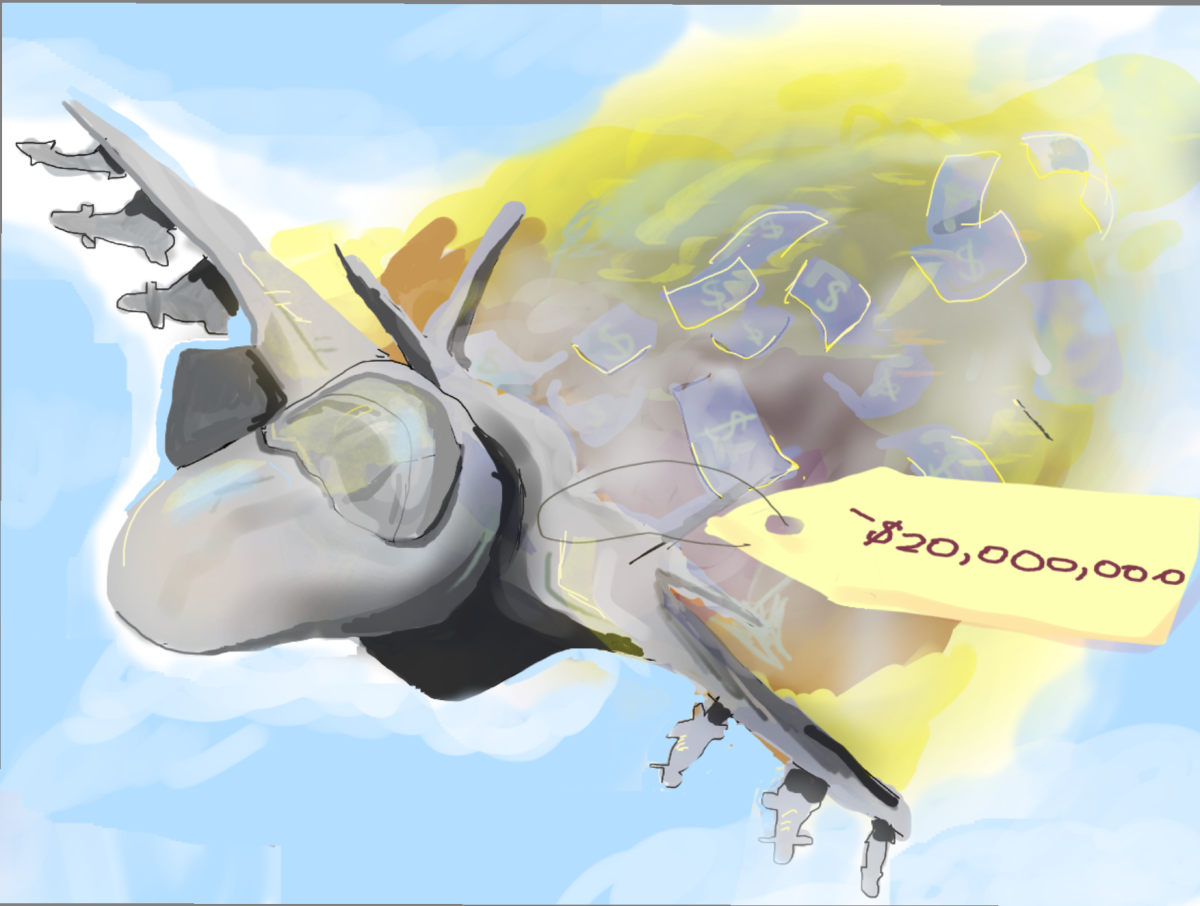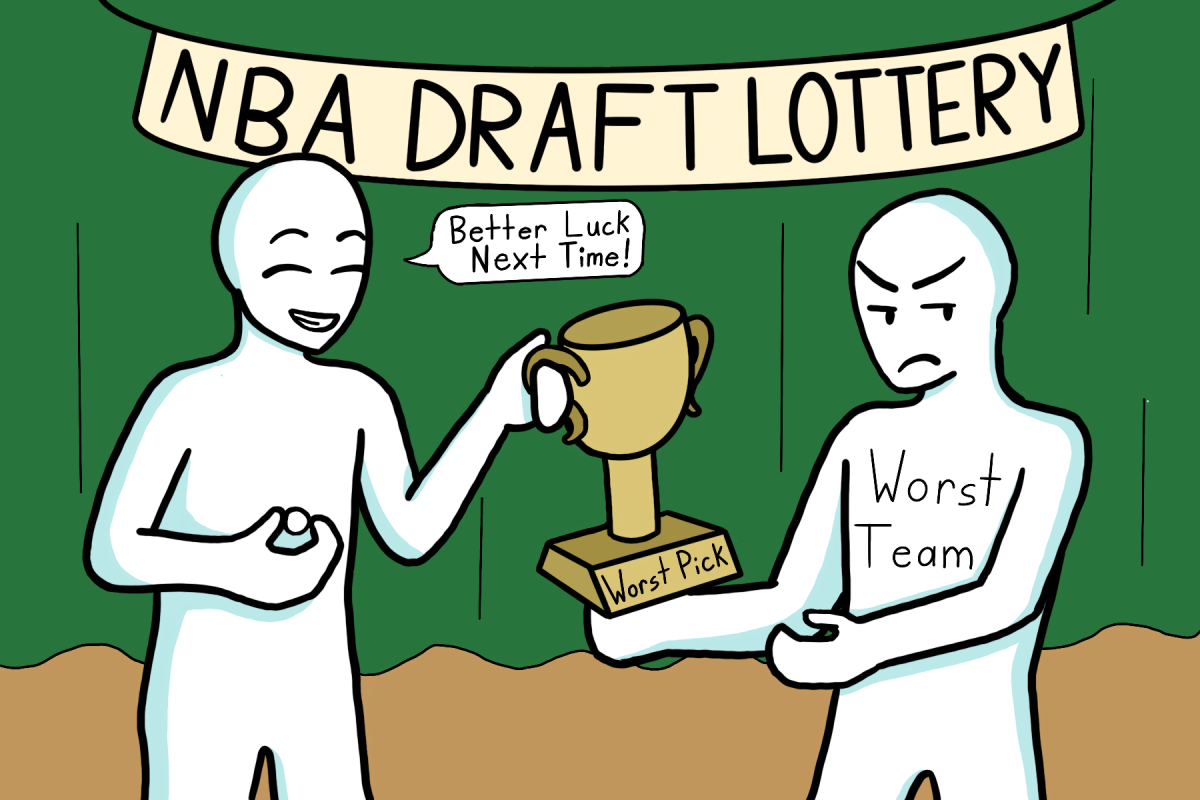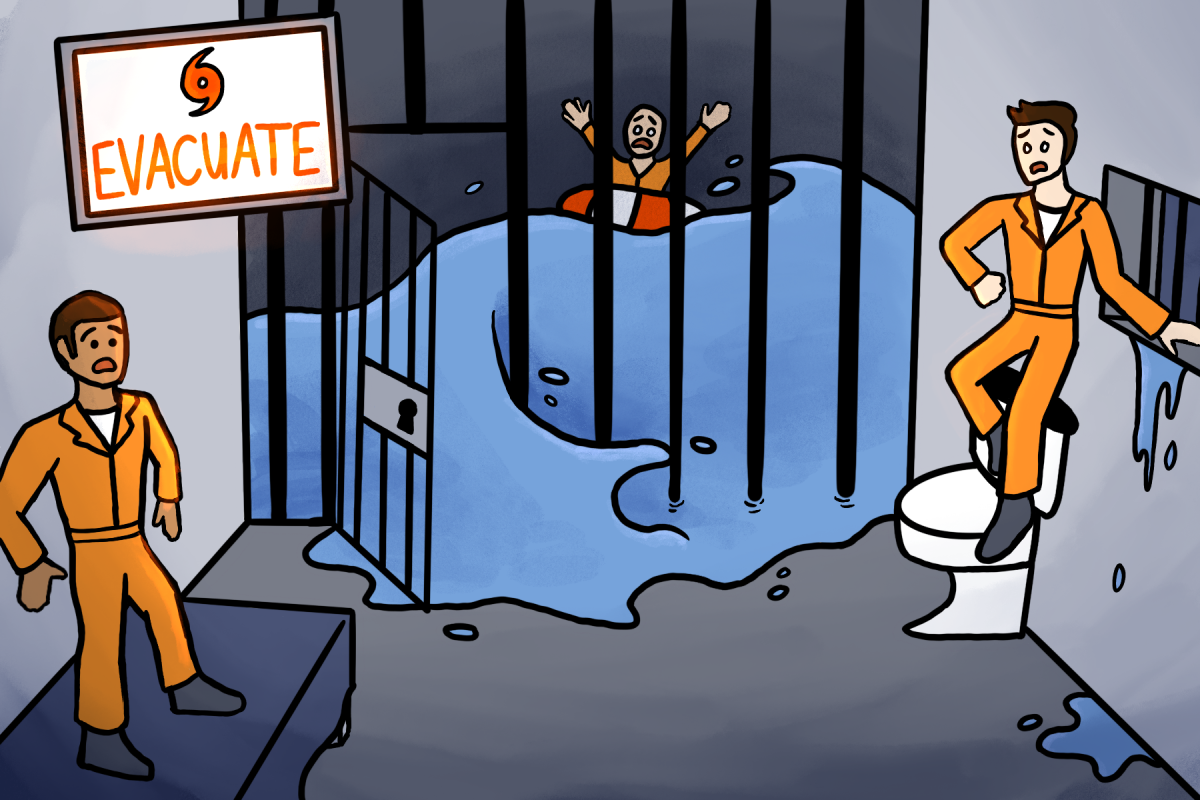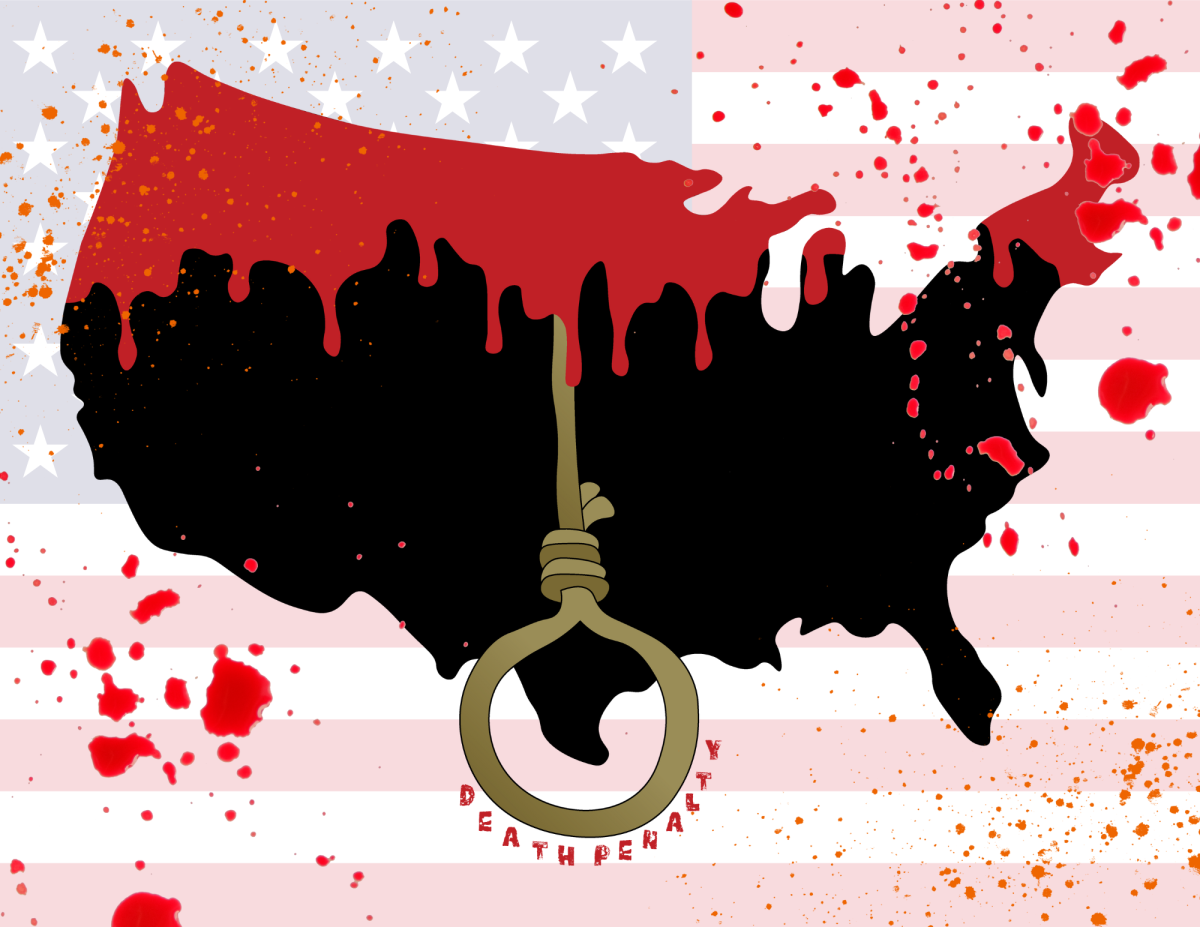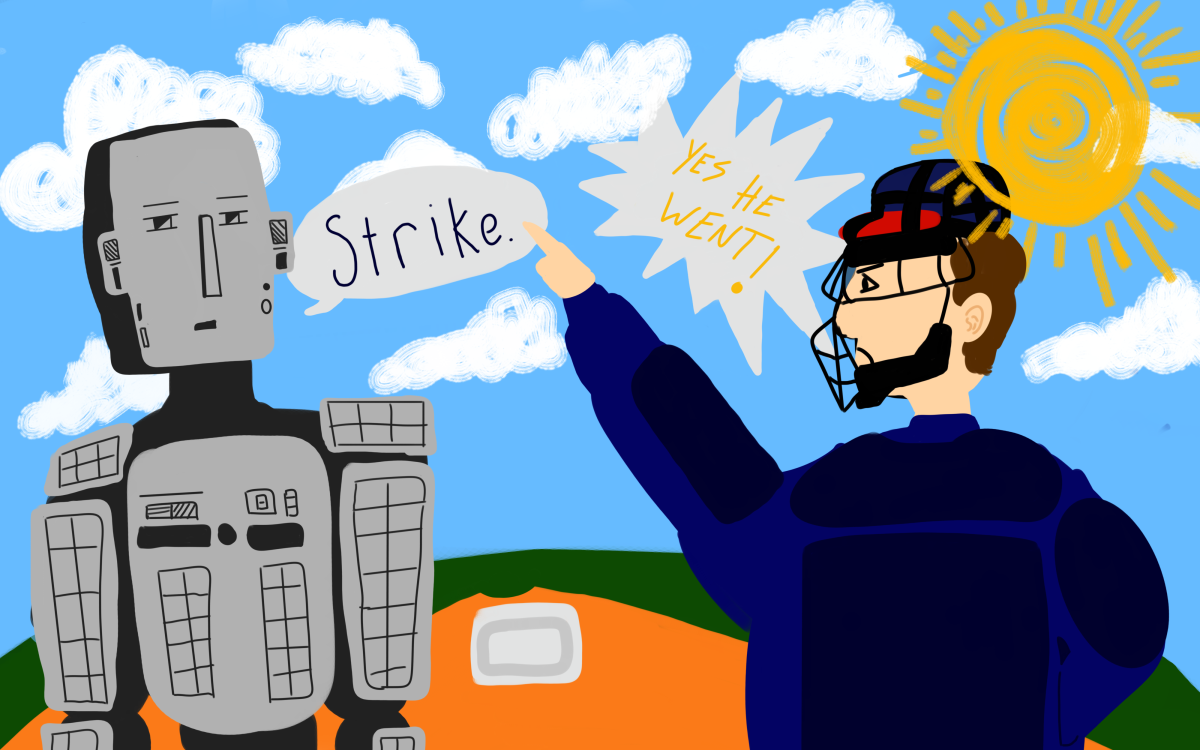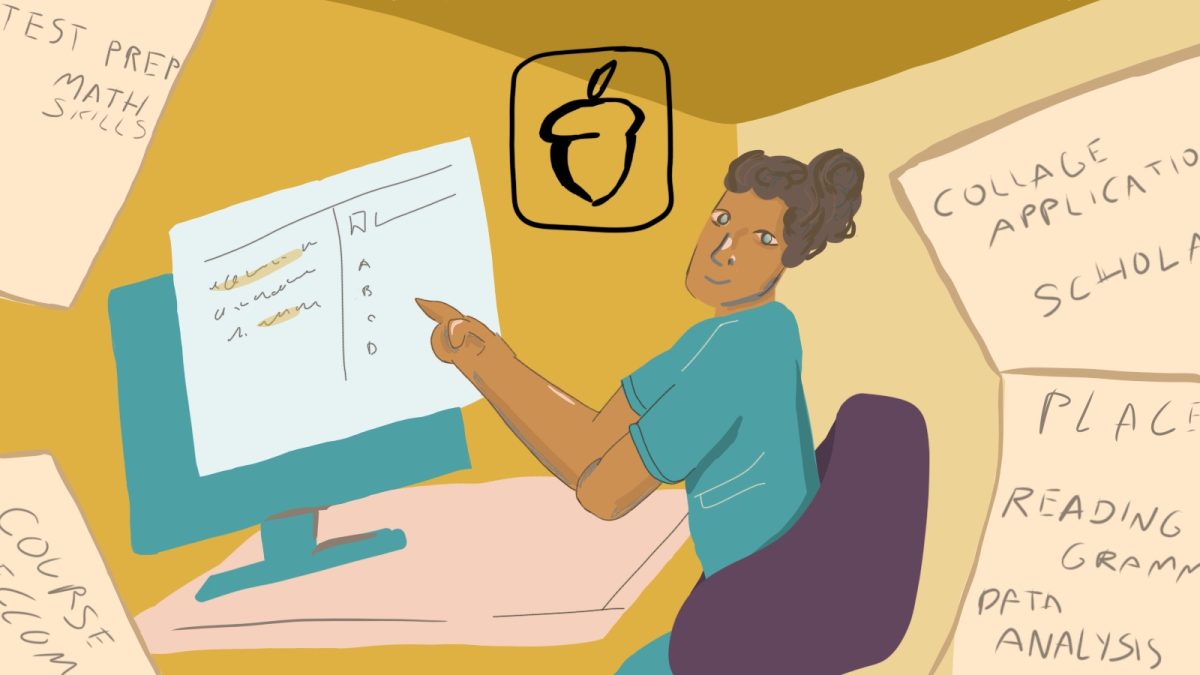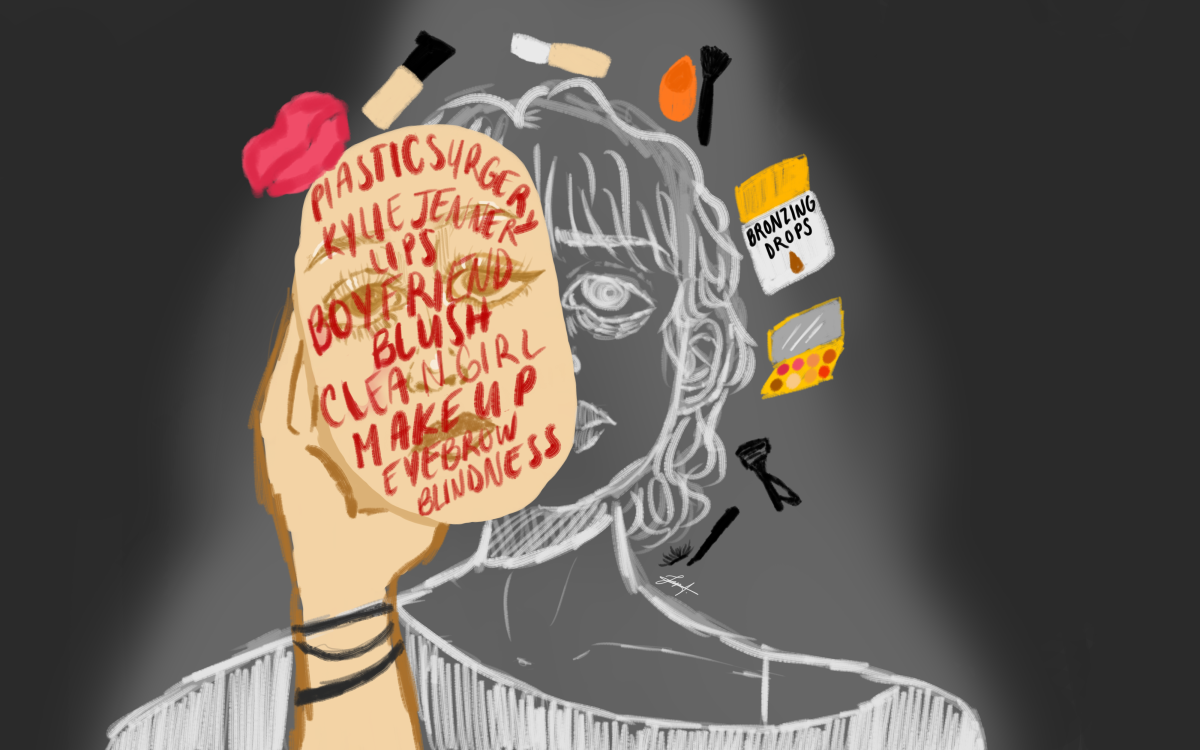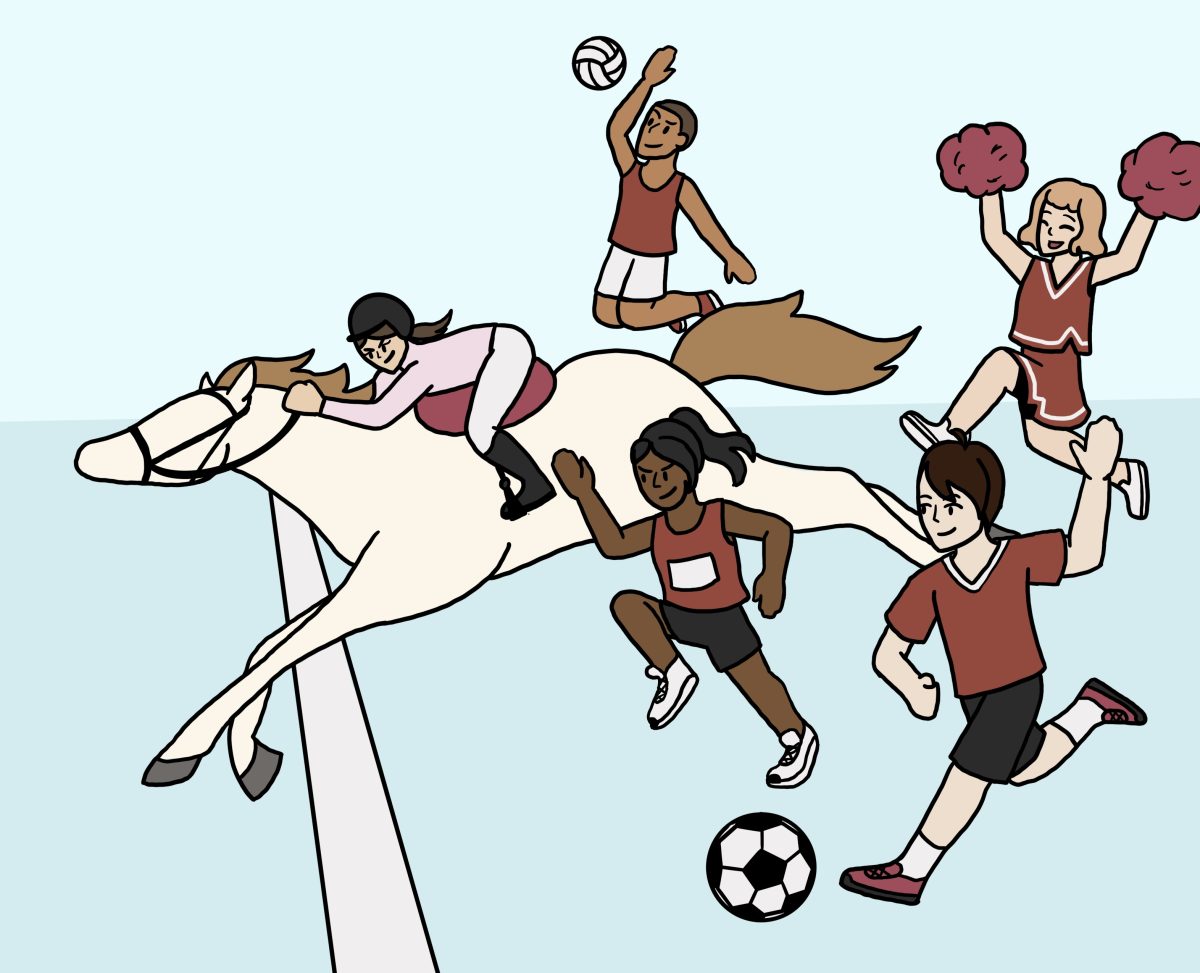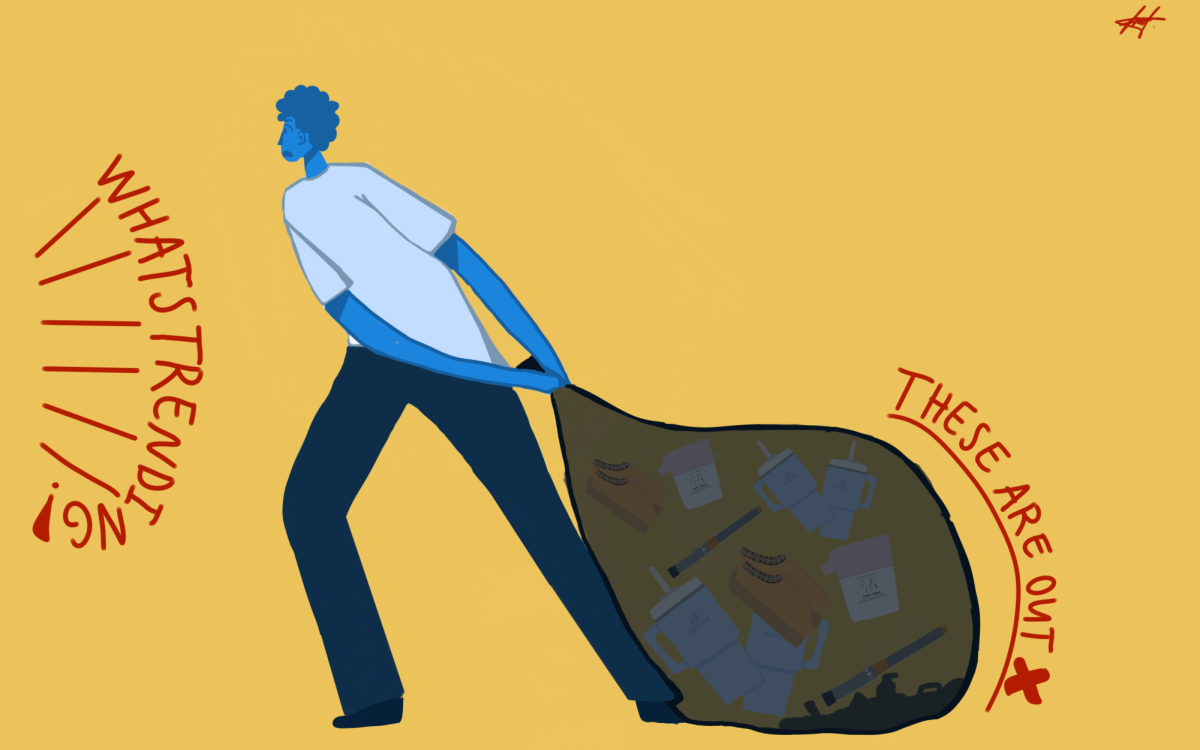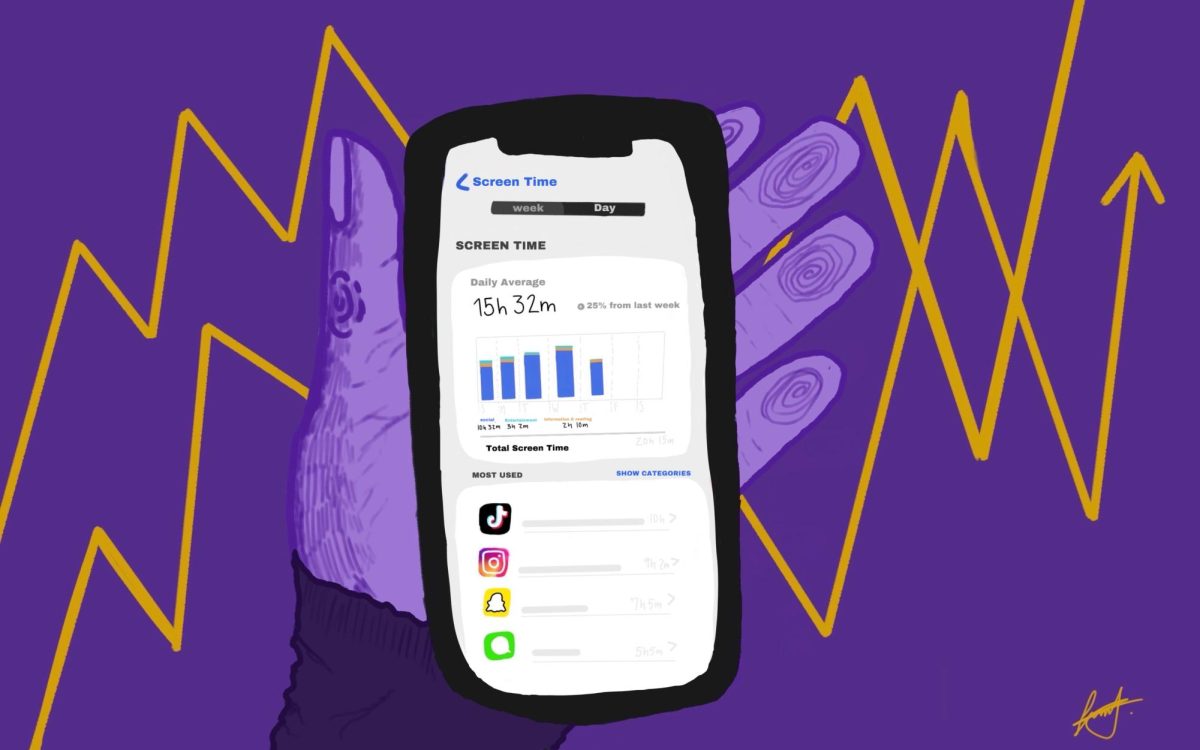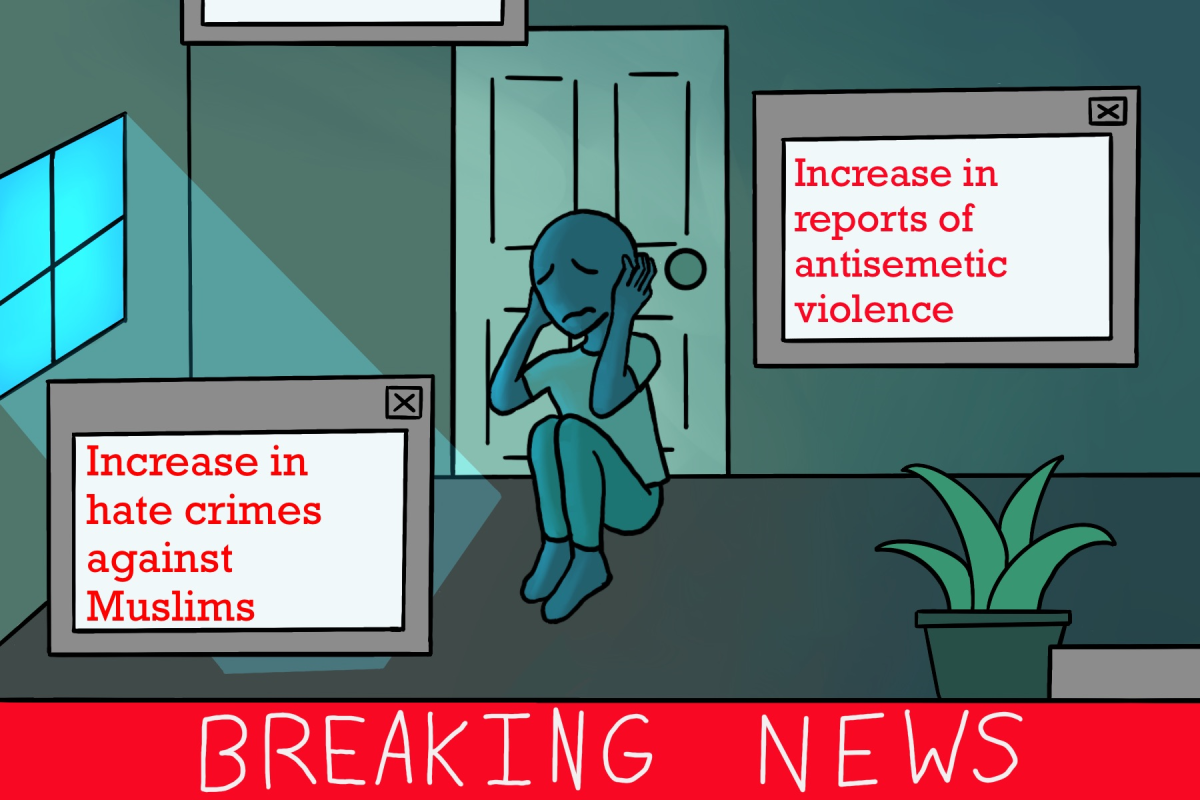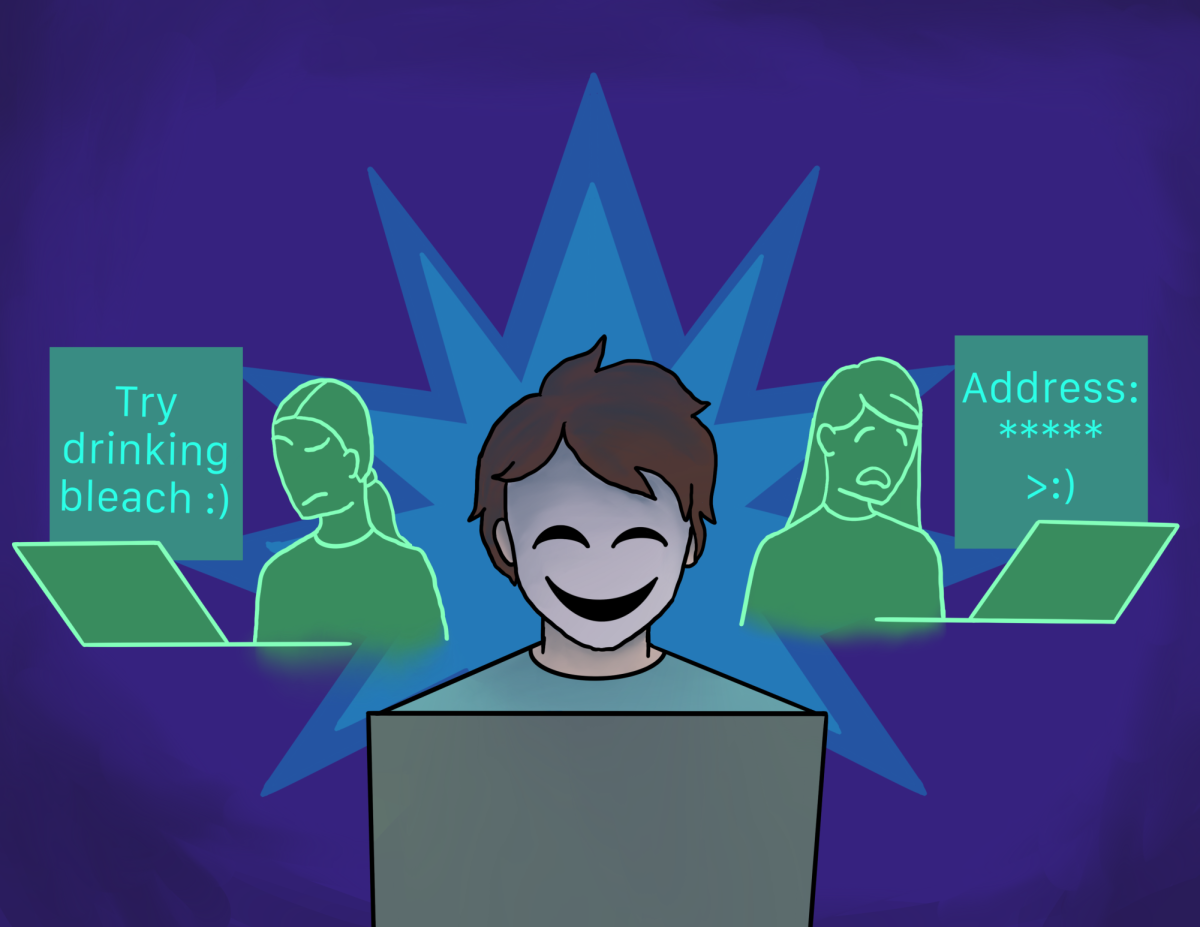Over the past few years, professional football players have become holdouts, which means they refused to play without new and improved contracts. A player who does this feels unwanted if he does not receive a paycheck representing what the player believes he is worth. At first, this may not seem like a huge dilemma; however, this increasing trend hurts the competitive and loyalty aspect of football. Players are choosing a paycheck over their love of playing the game.
Former Pittsburgh Steelers running back Le’Veon Bell’s decision to hold out of the 2018 National Football League season in the hopes of receiving a long-term extension began this trend. The Steelers refused to pay Bell for the duration of his ten-week holdout. During this time, he lost out on almost $9 million in pay. Before his leave of absence, Bell was considered one of the best running backs in the game. However, he never recovered from this mistake and never found success in the NFL again.
Following Bell’s departure from Pittsburgh, the New York Jets signed him to a four-year deal. However, he did not last; the Jets released Bell in the middle of his second season. Additionally, his career statistics fell. According to ESPN records, he averaged 4.3 yards per carry with the Steelers and just 3.3 with the Jets. After being released, he then played for three different teams: Kansas City Chiefs, Baltimore Ravens and Tampa Bay Buccaneers. Since being released by the Buccaneers in 2021, Bell has yet to make a return to the field.
The NFL does not prioritize running backs. Football now favors the passing game, diminishing the importance of this position. Most teams do not sign running backs for more than a two-year contract. As a result, running backs are most likely to hold out on playing in an upcoming season unless their contract is negotiated.
Before this year’s NFL season, a group of running backs refused to play under their current deals, including Austin Ekeler, Tony Pollard, Saquon Barkley, Josh Jacobs and Jonathan Taylor. For some of the affected teams, the fact that they were going to lose a key component of their offense was alarming. These players can be difference makers on the field and represent a significant factor to winning for their teams.
Whether a franchise will renegotiate a player’s contract under their refusal to play is a brutal decision. Ekeler, Pollard, Barkley and Jacobs threatened their organizations and received new deals. Each of these players only received one-year contracts that were below their asking price. They accepted these lesser deals in hopes that it will lead to larger and longer contracts for next season.
Meanwhile, the 2021 lead rusher, Taylor, has still not obtained a deal. On Aug. 29, Taylor and the Indianapolis Colts were still unable to reach a compromise, which means he will not play in the first four games of the season.
Taylor’s continual holdout is a bold move. He went from leading the NFL with 1,811 rushing yards, 18 rushing touchdowns, 106.5 rushing yards per game and 2,171 total scrimmage yards to not being on a roster. Following a tremendous 2021 season, he struggled to stay healthy in 2022, ultimately failing to live up to high expectations many had for him.
It is strange that Taylor expected the Colts to give him a long-term deal. He did not prove himself under the spotlight of last season. Although it was likely a difficult decision, the Colts made the right one given Taylor’s unwillingness to play for the franchise.
Athletes refusing to play over a minor disagreement like this show their involvement in the sport for the money opposed to the core of the game itself – and should be a sign to teams and coaches to stay away from that player at all costs.
Additionally, it is important for these athletes to consider what happened to the players in previous years who chose cash over loyalty. Bell is a perfect example of this as he later said that he regretted his disloyalty to the Steelers, as it destroyed his career.
“I never apologized to the fans for really sitting out, or leaving the Steelers,” Bell said in an apology on X, formerly known as Twitter, on July 16. “I never apologized. So I want to say I apologize for leaving the best damn fans there is in this damn world.”
Bell’s situation is a testament to the fact that being a professional athlete is never a guaranteed job; players get cut on a daily basis. Playing on a professional level is a privilege, not a right, and players like Bell must understand that failing to perform leaves them susceptible to the consequences of their actions.
If a team is ever in a predicament about whether to pay a holdout player or not, the answer should be no. Often, when a team refuses to give a large extension to a player, the player demands a trade, which demonstrates that they have no loyalty for their team. A championship team is built by players who have special connections with their teammates and devote their lives to making the organization better. This form of dedication is rarely seen anymore, as players just follow the money.
Teams should not entertain this trend of player holdouts. It is rare to see one of these players perform to the value of a significantly large negotiation. Players that make arrogant claims about the pay they deserve are almost never backed up by the appropriate skill to match, as evident through cases like Kyler Murray, Chandler Jones and Bell. Murray has been out since November 2022, due to an injury that he has not put in the effort to heal. Jones was recently cut from his team, and Bell had a significantly worse season after the holdout, than the year before.
Arrogant players ask for large contracts, large contracts lead to sloppy players, and sloppy players lead to underperforming teams. The longer that this trend continues, teams all across the league will see a continuing pattern of highly valued players in poorly performing positions: something that will lose teams money, drop the skill floor of the league and ruin a fan’s Sunday game. If teams want to fix this, they will learn that these high-paying contracts are doing much less than they are worth.
This story was originally published in the October 2023 Eagle Eye print edition.

